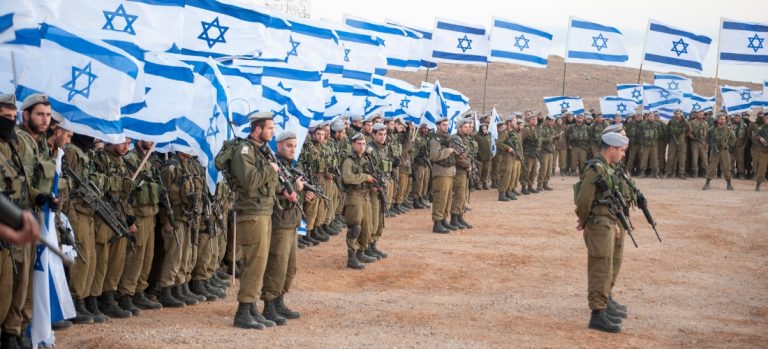
Tel Aviv — The Israel Defense Forces (IDF) announced a large-scale mobilization of tens of thousands of reservists to expand its military operations in the Gaza Strip, signaling a significant escalation in the ongoing conflict with Hamas.
This move comes amid stalled hostage negotiations and mounting global criticism over the
humanitarian blockade imposed on Gaza, which has resulted in severe civilian suffering.
The call-up orders were issued over the weekend, with reservists expected to begin reporting for duty in the coming days. The IDF’s Chief of Staff, Lt. Gen. Eyal Zamir, outlined the plan during a briefing with Prime Minister Benjamin Netanyahu and Defense Minister Israel Katz, emphasizing that the expanded offensive aims to increase pressure on Hamas to release 59 Israeli hostages still held in Gaza.
The military intends to operate in new areas of the Strip and destroy Hamas infrastructure both above and below ground.
The Israeli government’s security cabinet was scheduled to convene to approve the military’s staged offensive plan, which includes evacuating Palestinian civilians from northern and central Gaza in preparation for intensified operations, similar to previous tactics used in southern Gaza’s Rafah area.
Netanyahu has committed to continuing the campaign despite growing domestic and international calls for a ceasefire and humanitarian access to Gaza.
The conflict, which erupted in October 2023 following deadly Hamas assault on Israel,
has since led to devastating casualties. Over 52,000 Palestinians have died in Gaza,
including thousands of women, children, according to U.N. and Gaza authorities.
The humanitarian situation is dire, with a comprehensive Israeli blockade since March 2025 cutting off essential supplies such as food, fuel, and medical aid. Humanitarian organizations warn that the crisis is worsening, with the healthcare system on the brink of collapse and millions of civilians facing starvation and lack of medical care.
Israeli society is also feeling the strain.
While the initial post-October 7 mobilization saw high reservist turnout, recent call-ups have faced declining compliance, with only 60-70% of reservists expected to report for duty this time. This drop is attributed not to anti-war sentiment but to practical and morale-related factors, including the prolonged nature of the conflict and the emotional toll on families awaiting news of hostages.
Families of the hostages have expressed deep concern that any escalation could jeopardize the lives of those held captive. The Hostages and Missing Families Forum has issued urgent appeals, emphasizing that the return of the hostages remains a paramount moral obligation for the Israeli public.
Internationally, the escalation has drawn widespread condemnation and calls for a lasting ceasefire to address the humanitarian catastrophe. The United Nations and humanitarian agencies continue to press for the reopening of aid corridors to Gaza, highlighting Israel’s obligations under international humanitarian law to allow relief to reach civilians in occupied territories.
As Israel prepares to intensify its military campaign, the prospects for peace remain uncertain. The government faces internal divisions between those advocating for continued military pressure on Hamas and others urging a negotiated resolution to end the suffering. Meanwhile, the people of Gaza endure one of the worst humanitarian crises in recent history, caught in the crossfire of a conflict with no clear end in sight.